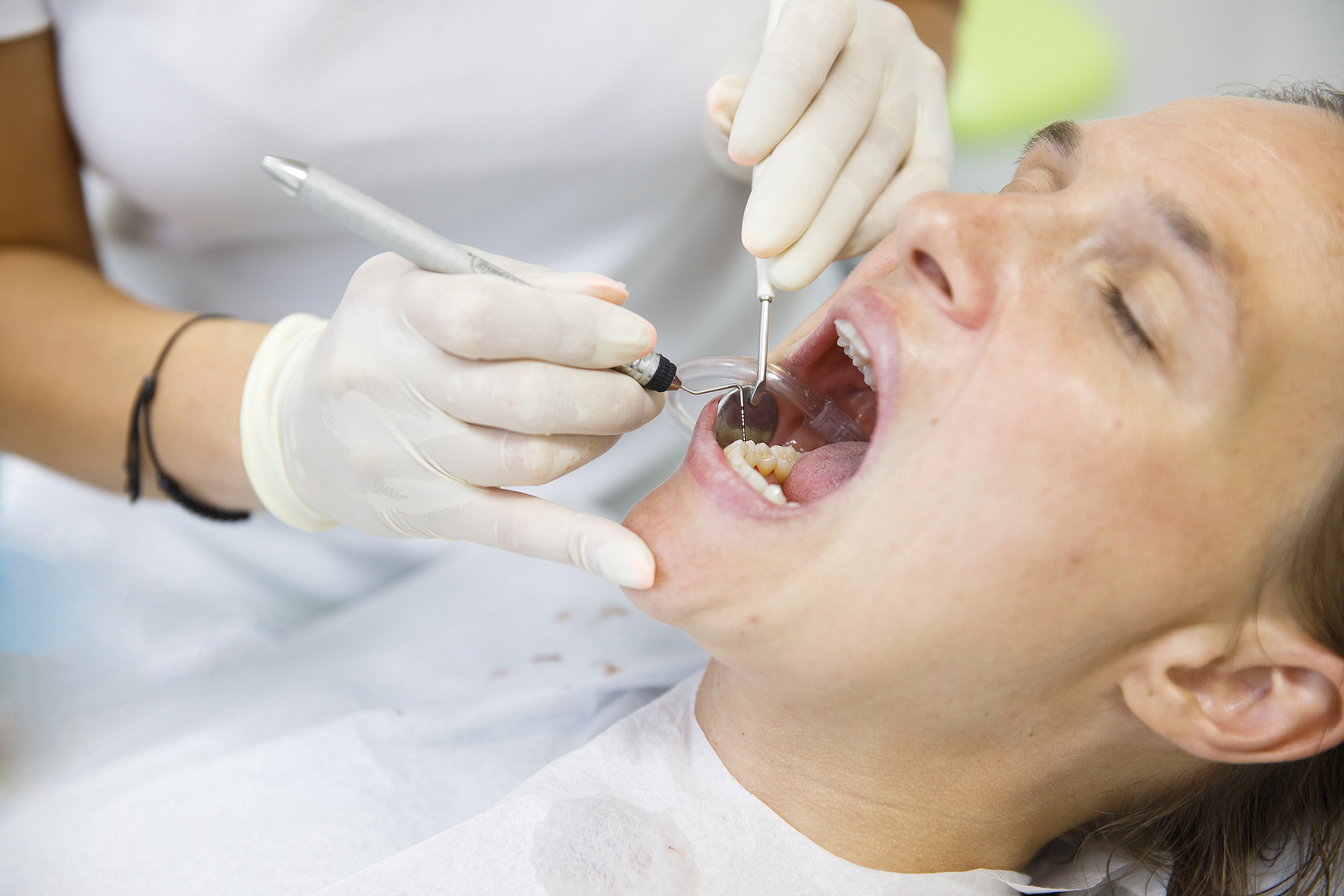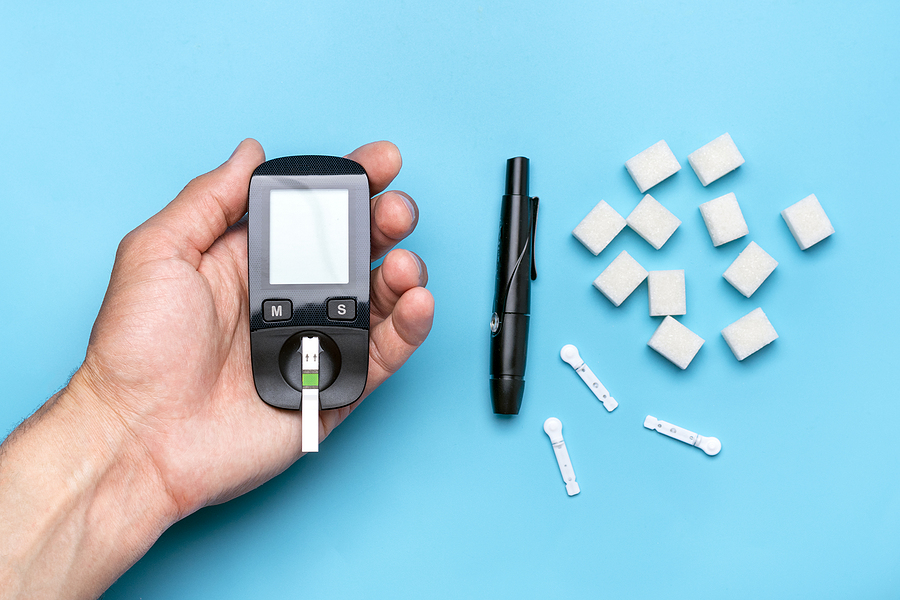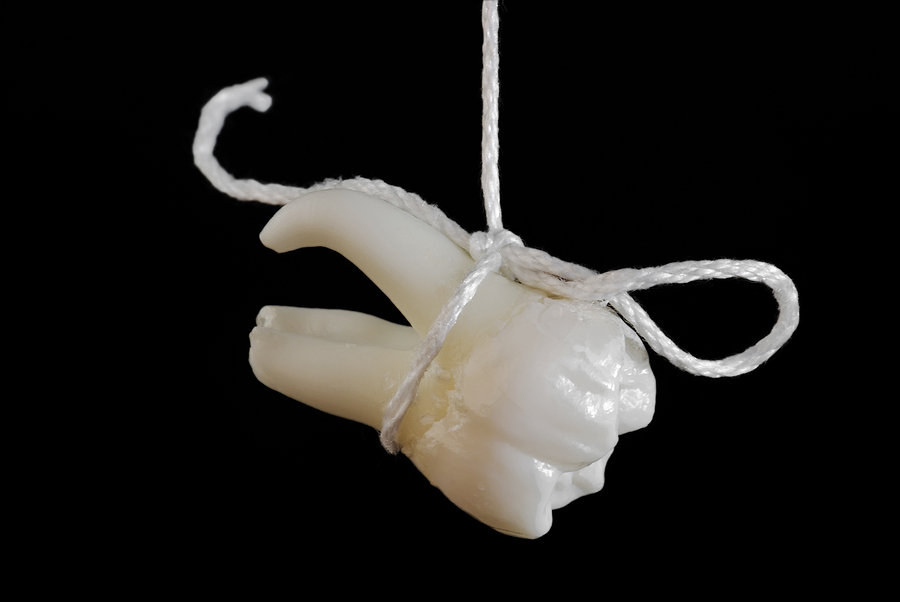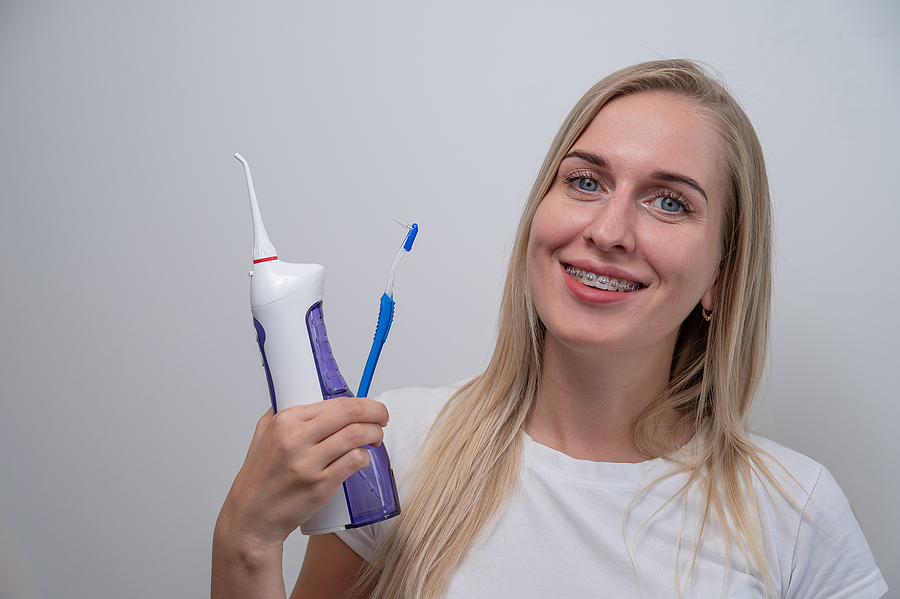Many patients choose to have a tooth extraction because their teeth are causing pain or discomfort or are very crowded together. Visit Dentist Greenville, NC at Drs. Davila & Velazquez, P.A. at 1295 East Arlington Blvd Greenville, NC 27858, or call (252) 756-7789 for the best dental care.
Healing After Tooth Extractions: Your Comprehensive Aftercare Guide
Posted by DRS. DAVILA & VELAZQUEZ, P.A. Jul 22,2024

Tooth extractions might sound daunting, but they can often be a necessary step towards better oral health. Whether it's due to decay, overcrowding, or infection, understanding what's involved can ease your anxiety and pave the way for a smooth recovery. If you've recently undergone a dental extraction in Greenville, NC—or are contemplating one—this guide is crafted just for you. We'll walk through each phase of the process, from what to expect during the procedure itself to essential aftercare tips that will promote healing and keep discomfort at bay. Let's dive into this comprehensive resource so you feel empowered on your journey to recovery!
What are Tooth Extractions?
Tooth extractions refer to the surgical removal of teeth from their sockets in the jawbone. This procedure is often performed when a tooth is severely damaged, decayed, or poses risks to surrounding oral health.
Dentists may also recommend extractions for overcrowded mouths where there isn't enough space for all teeth to align properly. Wisdom teeth are commonly extracted due to potential complications they can cause during eruption.
While losing a tooth might seem alarming, it can be a crucial step toward restoring your overall dental health. Many people undergo this procedure without complications and go on to enjoy better smiles. Understanding why an extraction may be necessary helps demystify the process and prepares you for what comes next.
Tooth Extraction Procedure
The tooth extraction procedure is often straightforward but requires precision. First, the dentist will take X-rays to assess the tooth and surrounding bone structure. This helps in planning the best approach for removal.
Once you're ready, local anesthesia is administered to numb the area around the affected tooth. You'll feel pressure rather than pain during the extraction itself.
For simple extractions, a dental elevator loosens the tooth before it's removed with forceps. In cases where teeth are impacted or broken, an incision may be necessary to access them properly.
Post-procedure, you might receive gauze pads to bite down on. This aids in clot formation and minimizes bleeding. Your dentist will provide instructions tailored specifically for your recovery needs after this essential step in oral health management. Call us to learn more.
Aftercare Do’s and Don’ts
After your dental extraction, following proper aftercare is crucial for a smooth recovery.
- Do keep the gauze pad in place for at least an hour to control bleeding. Change it as needed, but avoid excessive spitting or rinsing within the first 24 hours.
- Don't smoke or use straws during this period. Both can create suction that disrupts the healing blood clot and may lead to complications.
- Do take prescribed medications as directed. They will help manage pain and prevent infection effectively.
- Avoid strenuous activities for a few days post-extraction. Rest is essential for your body's healing process.
- Do follow up with your dentist if you notice any unusual symptoms like severe swelling or prolonged bleeding; early intervention is key to preventing issues down the line.
Foods to Eat and Avoid After an Extraction
After a tooth extraction, your diet plays a crucial role in recovery.
- Focus on soft foods that require minimal chewing. Mashed potatoes, yogurt, and smoothies are excellent choices. They provide nourishment without irritating the extraction site.
- Avoid hot foods and drinks for at least 24 hours. Heat can increase blood flow to the area, potentially leading to complications like dry sockets. Instead, choose lukewarm or cool options.
- Stay away from crunchy or hard items such as nuts or chips. These can dislodge blood clots essential for healing.
- Also, steer clear of acidic foods like citrus fruits and tomatoes; their acidity may cause discomfort at the extraction site.
- Hydration is vital, too—sip water gently through a straw after initial healing to avoid pressure on the surgical area. Making smart food choices will significantly aid in your recovery journey.
Common Side Effects and How to Manage Them
After a dental extraction, it's normal to experience some side effects. Pain and swelling are the most common, typically peaking within 48 hours. Over-the-counter pain relievers can help alleviate discomfort.
Another frequent issue is bleeding. It's essential to bite down on a gauze pad for about 30 minutes after the procedure. If bleeding persists, replacing the gauze with fresh ones may be necessary.
You might also encounter bruising around the extraction site or jaw stiffness. Applying ice packs intermittently can soothe these symptoms effectively.
Occasionally, patients report bad breath or an unpleasant taste in their mouth due to food particles near the surgical area. Rinsing gently with warm salt water can promote cleanliness without disrupting healing.
If you notice unusual swelling, fever, or prolonged bleeding beyond 24 hours post-extraction, reaching out to your dentist in Greenville is crucial for further evaluation and guidance.
Tips for Promoting Healing and Recovery
- To promote healing after dental extractions, prioritize rest. Give your body the time it needs to recover fully. Avoid strenuous activities for at least a few days.
- Hydration is essential. Drink plenty of water, but steer clear of using straws as suction can disrupt blood clots and delay healing.
- Keep your head elevated while sleeping. This reduces swelling and improves comfort during recovery.
- Gentle oral hygiene practices are crucial. Rinse with warm salt water after 24 hours to soothe the area without disturbing any clots.
- If prescribed medication, take it as directed. Pain management is important in facilitating a smoother recovery process.
- Listen to your body's signals. If anything feels off or you notice increased pain or swelling, don't hesitate to contact your dentist in Greenville, NC, for advice or further evaluation of your condition.
Conclusion
Healing from tooth extractions is a critical step in your dental care journey. Understanding the extraction process and following proper aftercare can significantly enhance your recovery experience. Remember that each person's healing timeline may vary, so it's essential to listen to your body and give yourself time to recover.
By adhering to the dos and don'ts of aftercare, choosing appropriate foods, managing common side effects effectively, and incorporating healthy practices into your routine, you pave the way for optimal healing. If you're located in Greenville, NC, or surrounding areas and require assistance with dental extractions or have questions about aftercare strategies, don't hesitate to reach out to local professionals who can guide you through this process.
Taking proactive steps during recovery will not only ease discomfort but also ensure that you return to full health quickly. Prioritize self-care during this time; it's an investment in your overall well-being!
More Blog Posts
Contact Us
1295 East Arlington Blvd,
Greenville, NC, NC, 27858
Email: info@doctorsdandv.com
Phone: (252) 756-7789
Working Hours
MON - THU8:00 am - 5:00 pm
FRI8:00 am - 1:00 pm
SAT - SUNClosed









